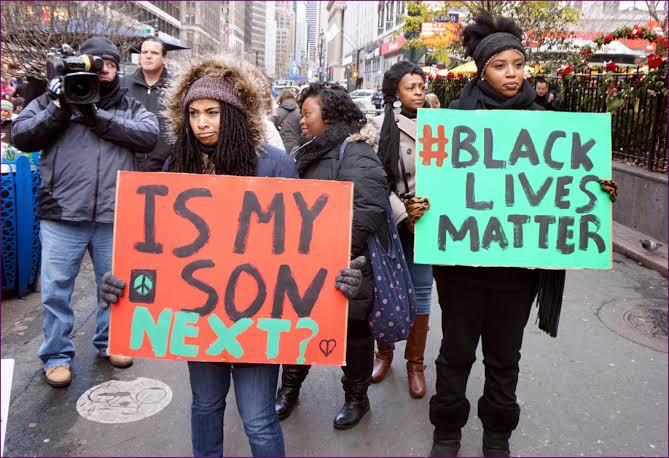Anti-blackness in the south Asian community is becoming a topic of popular discussion. Social media pages are seeing numerous posts ranging on topics including our problematic obsession with fairer skin. Some Pakistani celebrities have taken to their social media accounts to state the fact that they have never endorsed whitening products.
What’s going on?
On May 25th 2020, George Floyd, a 46 year old African American was manhandled by 4 policemen. He was accused of using a counterfeit note and was being arrested for it. A video of a white police officer kneeling on his neck for almost 9 minutes led to his death. The filmed footage quickly became viral; it has since led to protests across America. Police brutality based on racial profiling within the US has long been rampant and it fits into larger trends of institutional racism within America and across the world.
These protests have taken the world by storm across social media and have led to protests within the UK, France and many other countries. Racism is a long-standing issue and has continued to impact African American communities across the world – it can be found within the history of the 13th amendment in the US, redlining and other day-to-day discrimination that African-Americans may undergo in their daily life.

Black Lives Matter , PHOTO : Middle East Eye
Why does it matter to us?
While the issue has led to discussion and mobilisation on social platforms across borders, there has been much disagreement within Pakistan on the necessity of discussions regarding an issue that seems so far away from us. However, a closer look at racism and its consequences allow us to reflect on our society as well.
When a child is born, it is celebrated for being fair-skinned. As a child grows older, they are constantly reminded to not spend too much time in the sun so that the child doesn’t tan – “kalay ho jao gay”. Fairness creams are widely available and are endorsed by actors and other social influencers. Salons across the country offer ‘bleach’ services to lighten skin, and part of traditional wedding celebrations is the “Ubtaan” which is a herbal lightener used to lighten, as well as create glowy skin.
It’s important to recognise these practices as part of a larger problem – anti-blackness in the South Asian community. We crown the west and whiteness as superior – maybe this is a part of our colonial hangover. Yet, we cannot go on like this. It is harmful to those within our society that are deemed as dark, and are thus deemed unfit for marriage or somehow, inferior to those who are less coloured. The colour of your skin is not a choice – it should not define one’s life opportunities or be a source of shame for anyone.
So, discussions on racism within the South-Asian community should matter to us. We are part of a larger narrative which is damaging to not only ourselves but adds to the racism which allows us to let down other communities and builds within us damaging superiority complexes. These same complexities can be divisive especially within a community as diverse as Pakistan – our jokes and stereotypes are damaging. This is why a discussion of the #Blacklivesmatter movement is beneficial to us as a nation – it allows us to reflect internally on our language, our beliefs. Without such reflection, there is no room for change and we must change – we cannot let our children grow up in a world of intolerance and oppression on the basis of one’s colour, race, religion, creed or caste.
What should we do?
Once we accept that there are discussions and conversations that need to be had, it is only then we can move forward as a nation.
First, we must learn to have these difficult conversations within our houses, with our friends and family. It is a learning process and requires unlearning, but it is possible. We can re-educate and re-learn and it requires us to read, to discuss, to have conversations even if it means engaging with discussions on social media, not supporting fairness creams and not enabling influencers who focus on such ideas. We have to start somewhere.
Hasan Minhaj who has a show Patriot Acts on Netflix has also spoken up on the hypocracy of Asian communities and has urged them to take a look into their own colourism and anti – blackness. Take a look at his video
We must learn to be kind, to be accepting, to move beyond stereotypes, and see diversity not as a divisive tool but something that adds to the strength of our nation. Thus, we cannot ignore the #Blacklivesmatter movement for we are directly embroiled in these damaging narratives and it is damaging to our future as a prosperous nation, and towards a unified world.
Article contributed by :
Rati Aftab,
She is currently a First year BA History and Politics student at the University of Cambridge, UK
